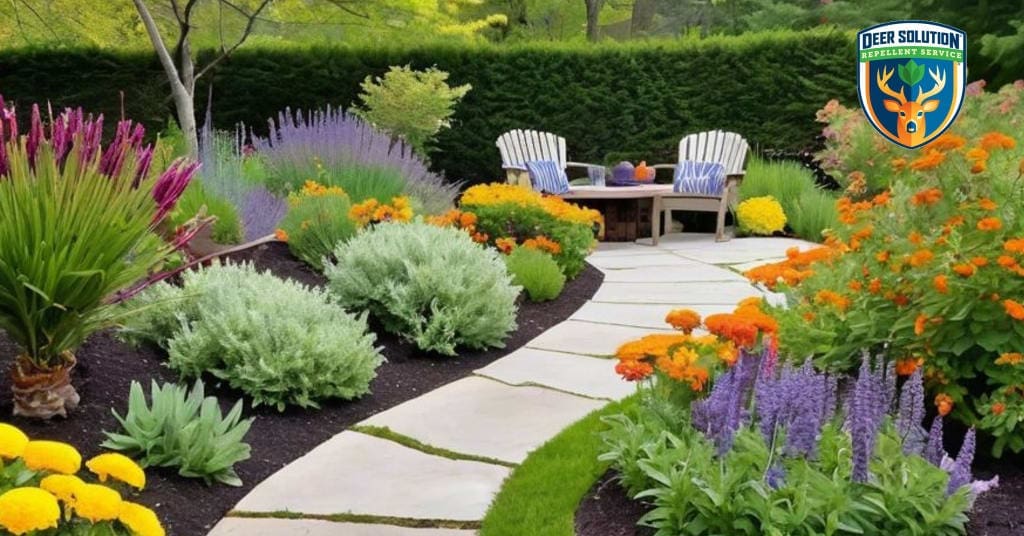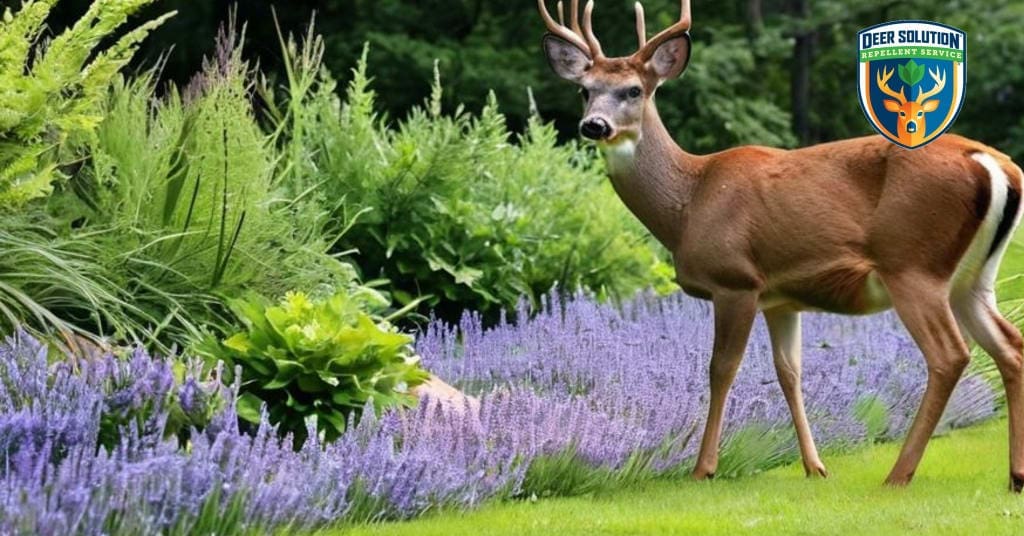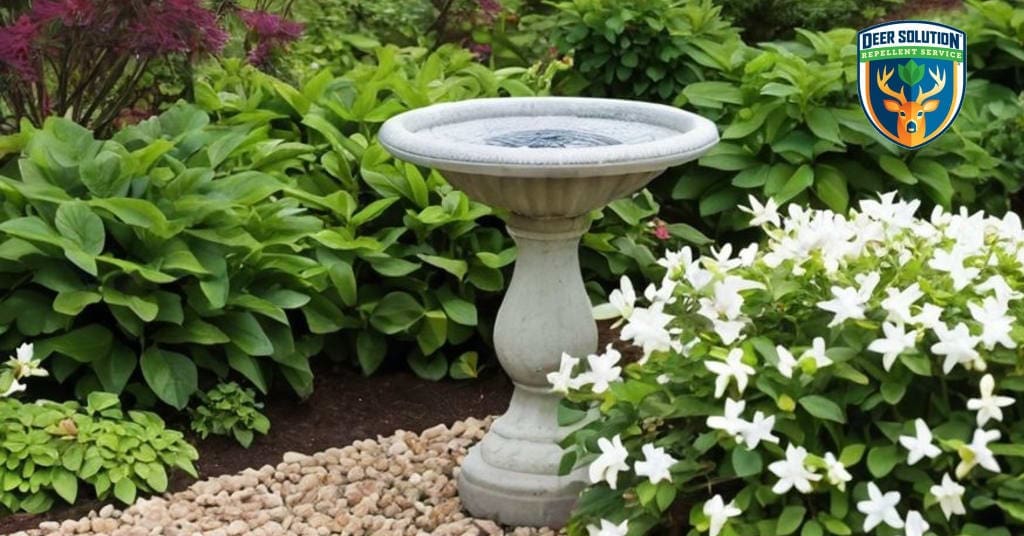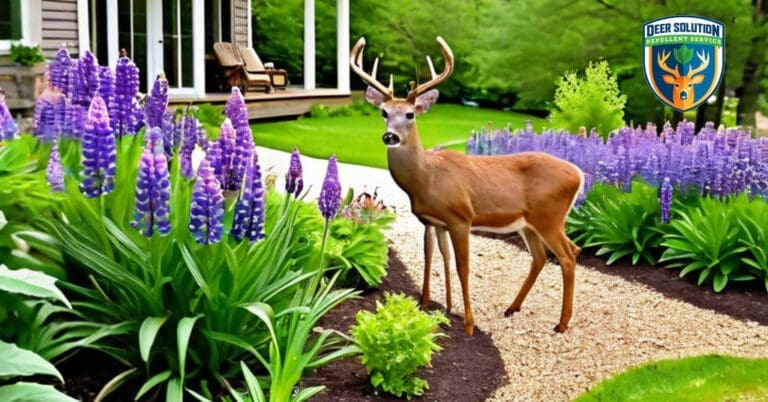Understanding the dietary preferences of deer is crucial for gardeners aiming to maintain their landscapes without sacrificing aesthetics. One common question is, do deer eat lupines? The short answer is: not typically. Lupines, known for their vibrant spikes of flowers and ability to adapt to various climates, are often considered deer-resistant. However, the term “”deer-resistant”” does not imply deer-proof, as their eating habits can vary based on environmental conditions and food availability.
Why Lupines Are Less Appealing to Deer
Lupines contain alkaloids, which are natural compounds that can be bitter and even toxic in large quantities. These compounds contribute to lupines’ defense against various herbivores, including deer. In general, deer tend to avoid plants with strong scents, rough textures, or toxic compounds, making lupines a less attractive option in their natural diet.
Despite this, it’s essential to recognize that during times of food scarcity, deer may sample a wider range of plants, including those they would usually avoid. Thus, while lupines are often bypassed by deer, particularly when other food sources are plentiful, they might not be entirely safe during harsh conditions. Gardeners should remain vigilant and consider additional protective measures during such times.
Creating a Deer-Resistant Garden
To enhance your garden’s resilience against deer damage, consider integrating a variety of deer-resistant plants alongside lupines. Here are some suggestions:
- Lavender: With its strong fragrance, lavender is typically unappealing to deer. Its aromatic oils are not only a deterrent to deer but also attract beneficial insects like bees and butterflies, adding to the ecological value of your garden.
- Yarrow: The rough texture and aromatic foliage of yarrow deter deer from feasting on it. Yarrow is also known for its medicinal properties and can be a beautiful addition to any garden with its clusters of small, colorful flowers.
- Foxgloves: These contain compounds that deer usually avoid. Foxgloves are also known for their tall, striking flower spikes that can add vertical interest and a splash of color to your garden.
By diversifying your garden with these plants, you can create a more robust landscape that deer are less inclined to explore. Additionally, incorporating a mix of textures, scents, and heights can make your garden more visually appealing and ecologically balanced.
Eco-Friendly Deer Management Solutions
While planting deer-resistant species can help, a comprehensive approach to deer management often yields the best results. This includes understanding local deer populations and their behavior patterns. For those seeking a more hands-on strategy, professional services can provide additional support.
Deer Solution offers a proprietary, eco-friendly repellent service designed to manage deer browsing on your property. Experts can evaluate your landscape to tailor a plan that fits your specific needs, using all-natural methods to reduce deer damage effectively. Their approach not only focuses on immediate deterrence but also on long-term sustainability, ensuring that your garden remains protected throughout the seasons.
In addition to professional services, there are several DIY methods that gardeners can employ to deter deer. These include installing physical barriers such as fences, using motion-activated sprinklers, and applying homemade repellents made from ingredients like garlic, hot pepper, and soap. Combining these methods with professional services can create a multi-layered defense system that is more effective in keeping deer at bay.
Conclusion: Embracing Sustainable Practices
Addressing deer-related challenges in your garden doesn’t have to be daunting. By choosing plants like lupines and incorporating eco-friendly management practices, you can enjoy a thriving landscape. Exploring professional services, such as those provided by Deer Solution, can offer tailored support that aligns with sustainable practices and enhances the health and beauty of your outdoor spaces.
Moreover, embracing sustainable practices in your garden not only helps in managing deer but also contributes to the overall health of the environment. Using organic fertilizers, conserving water through efficient irrigation systems, and promoting biodiversity by planting native species are all steps that can lead to a more resilient and vibrant garden. By taking a holistic approach to garden management, you can create a sanctuary that is not only beautiful but also harmonious with nature.
In conclusion, while deer can pose a significant challenge to gardeners, understanding their behavior and preferences, combined with strategic planting and eco-friendly management practices, can help mitigate their impact. By investing time and effort into creating a deer-resistant garden, you can enjoy the beauty of your landscape without constant worry about deer damage. Whether through professional services or DIY methods, there are numerous ways to protect your garden and ensure its longevity.












